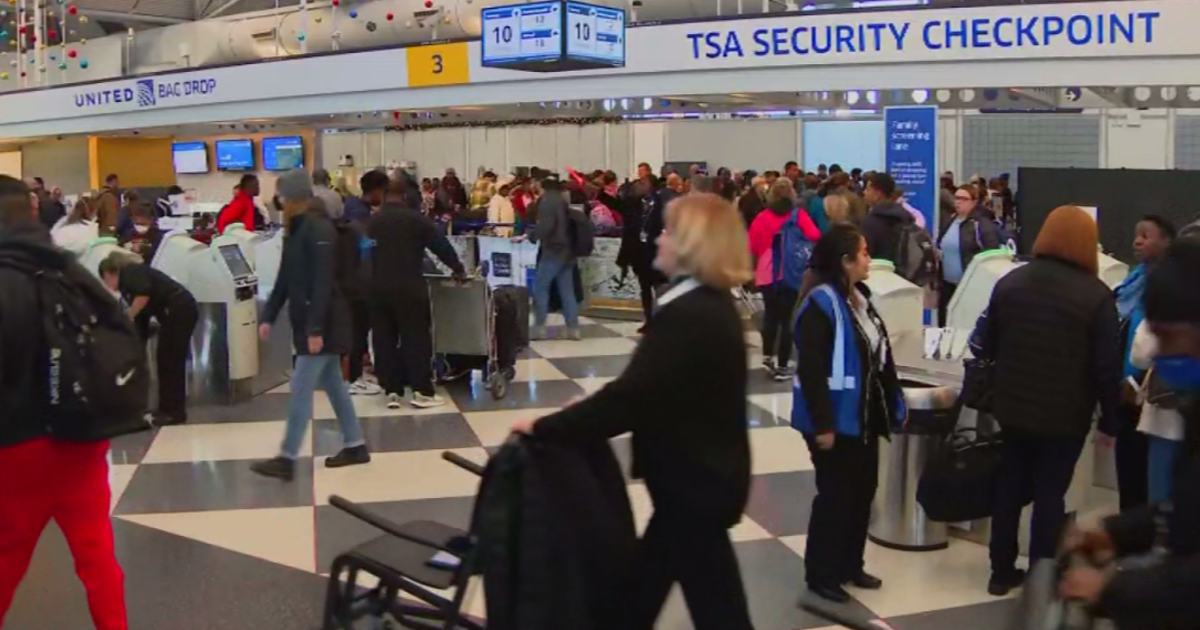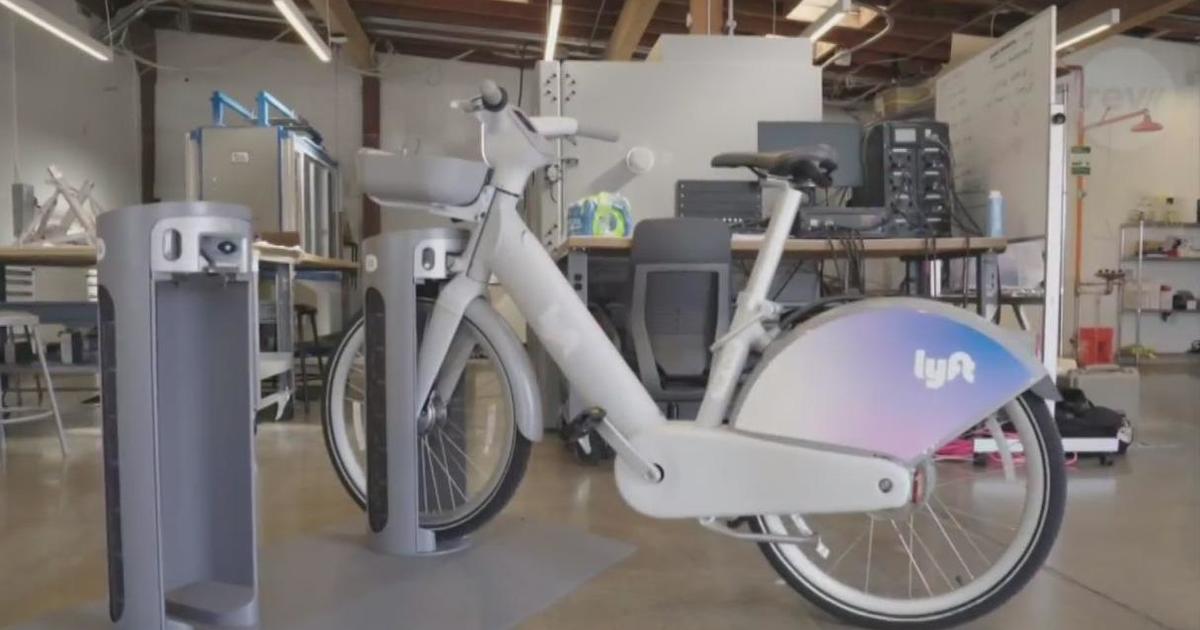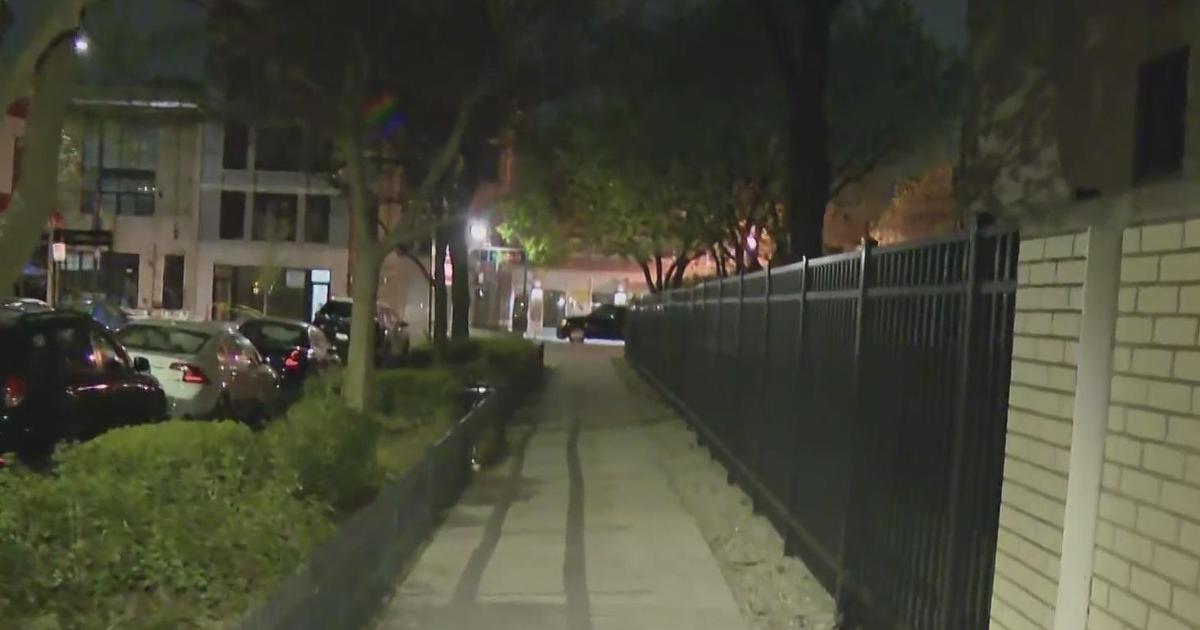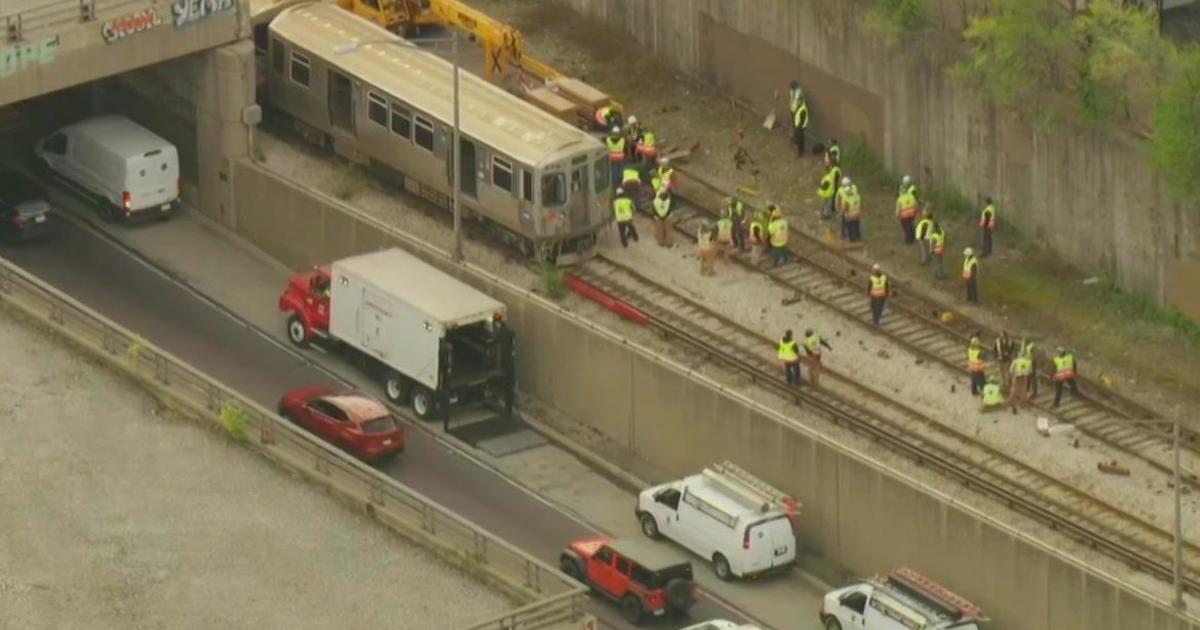AT&T And Verizon Delay Rollout Of New 5G Service Near O'Hare, Midway, Other Airports After Airlines Warn Of Delays
CHICAGO (CBS Chicago/CBS News) -- The much-anticipated rollout of faster wireless service called 5G begins on Wednesday – but it will not be available to people around Chicago's two major airports.
Verizon and AT&T are delaying the launch of their new 5G technology near O'Hare and Midway international airports, and dozens of other airports across the country – amid warnings from some airlines that the rollout could lead to "catastrophic disruption" of travel and shipping operations.
"At our sole discretion we have voluntarily agreed to temporarily defer turning on a limited number of towers around certain airport runways as we continue to work with the aviation industry and the FAA to provide further information about our 5G deployment," an AT&T spokesperson said in a statement.
CBS News correspondent Skyler Henry confirmed the rollout will be delayed at 50 airports nationwide, including O'Hare and Midway.
"We recognize the economic importance of expanding 5G, and we appreciate the wireless companies working with us to protect the flying public and the country's supply chain. The complex U.S. airspace leads the world in safety because of our high standards for aviation, and we will maintain this commitment as wireless companies deploy 5G," U.S. Transportation Secretary Pete Buttigieg said in a statement.
CBS 2 Political Investigator Dana Kozlov dug into the airline safety concerns impacting that local service.
The 5G wireless service is super-fast – and former Federal Communications Commission Chairman Ajit Pai said it won't disappoint.
"It's also a technological priority for the United States," Pai said. "We want to lead the world in this next-generation innovation."
Pai led the FCC when talks about implementing the technology began in 2008. In 2021, airlines and other aviation leaders began raising concerns that 5G C-Band frequencies could interfere with airplane radio altimeters – which are used to help pilots land in low visibility.
In a letter to various federal agencies Monday, Airlines for America and airline chief executive officers stated that commercial aviation could be "facing major disruption of the traveling and shipping public" with the 5G rollout – resulting in massive flight delays and cancellations.
Pai called the concerns misplaced – questioning the timing years after the airlines had been asked for input.
"Now, all of a sudden, the aviation industry is coming back and say, 'No, we still have these concerns' – even though this very spectrum is being used in 40 other countries for 5G without any interference to altimeters," Pai said. "You don't see planes being delayed or falling out of the sky."
Even so, under pressure, AT&T and Verizon first agreed to delay the rollout – and now to create a service buffer zone around those 50 airports.
That means those within two miles of the airports will not have 5G service for at least six months. It is a move that President Joe Biden and the Federal Aviation Administration support.
President Biden thanked the companies for the temporary delay, saying it "protects flight safety and allows aviation operations to continue without significant disruption and will bring more high-speed internet options to millions of Americans."
But is such an action actually necessary? Electrical engineering professor Randall Berry of Northwestern University isn't sure.
"The fact that these are being used all around the world along with 5G, without major problems, seems like a pretty strong positive," Berry said.
A Monday letter sent to Buttigieg and other U.S. government officials warned of "economic calamity" and said "the nation's commerce will grind to a halt" should the 5G launch be implemented near airports.
"We are writing with urgency to request that 5G be implemented everywhere in the country except within the approximate two miles of airport runways as defined by the FAA on January 19, 2022," airline CEOs said in the letter.
AT&T said it is frustrated by the FAA's "inability to do what nearly 40 countries have done, which is to safely deploy 5G technology without disrupting aviation services, and we urge it do so in a timely manner." The Verizon statement echoed that statement, noting that the technology is "safe and fully operational" in dozens of other countries.
It said the aviation industry and the FAA "have not utilized the two years they've had to responsibly plan for this deployment."
But FAA leaders said flights across the country, especially airports without the buffer zone, could be impacted – meaning people flying out of O'Hare or Midway could face 5G-related issues. The next few weeks will be good indicators.
For a complete list of airports with the 5G buffer, visit this site.



